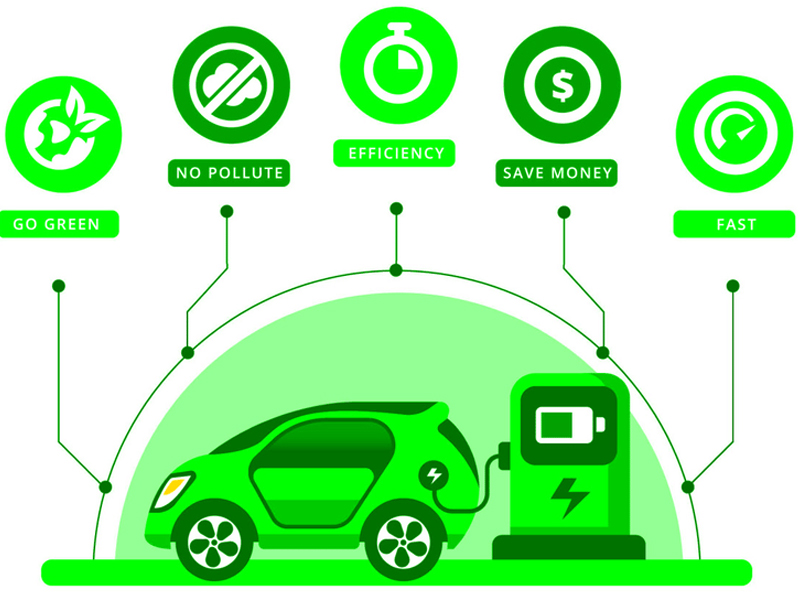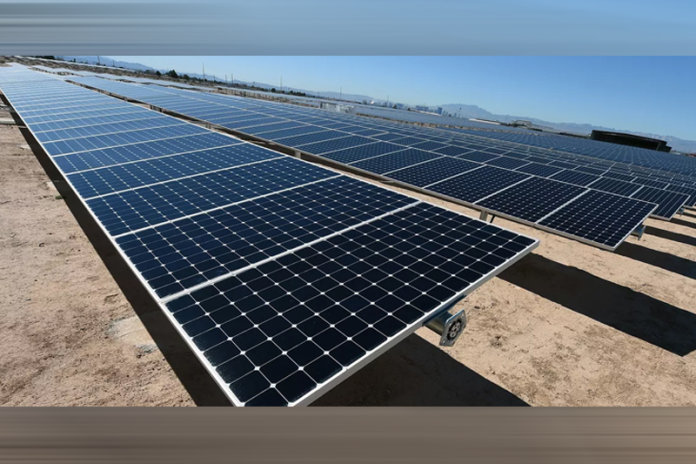The Advantages of Electric Vehicles

- 143
- 0
In recent years, electric vehicles (EVs) have emerged as a promising solution to the environmental challenges posed by traditional gasoline-powered cars. With advancements in technology and a growing focus on sustainability, EVs are gaining traction worldwide. From reducing greenhouse gas emissions to promoting energy independence, the benefits of electric vehicles are multifaceted and far-reaching.
Environmental Sustainability: Perhaps the most prominent advantage of electric vehicles is their contribution to environmental sustainability. Unlike internal combustion engine vehicles, which emit harmful pollutants such as carbon dioxide, nitrogen oxides, and particulate matter, EVs produce zero tailpipe emissions. By transitioning to electric transportation, we can significantly reduce air pollution and mitigate the adverse effects of climate change.
Reduced Greenhouse Gas Emissions: Electric vehicles are inherently more efficient than their gasoline counterparts. Even when accounting for emissions from electricity generation, EVs produce fewer greenhouse gas emissions over their lifetime. As the grid becomes increasingly powered by renewable energy sources such as solar and wind, the carbon footprint of electric vehicles will continue to diminish, making them even more environmentally friendly.
Energy Independence: Electric vehicles offer the potential to reduce reliance on imported fossil fuels. By utilizing domestically produced electricity for transportation, countries can enhance their energy independence and reduce vulnerability to fluctuations in global oil markets. Additionally, the decentralization of energy production through renewable sources empowers communities to generate their own clean energy, further strengthening energy security.
Lower Operating Costs: While the upfront cost of purchasing an electric vehicle may be higher than that of a conventional car, EV owners benefit from lower operating costs over time. Electric motors are more energy-efficient and require less maintenance compared to internal combustion engines. With fewer moving parts and no need for oil changes or exhaust system repairs, EV owners can save money on maintenance and enjoy lower fueling costs, especially as electricity prices remain stable or decrease.
Enhanced Driving Experience: Electric vehicles offer a smoother, quieter, and more responsive driving experience compared to traditional cars. Instant torque delivery from electric motors results in brisk acceleration and seamless power delivery, making EVs enjoyable to drive. Additionally, features such as regenerative braking, which recaptures energy during deceleration, contribute to improved energy efficiency and extend the vehicle's range.
Innovative Technology and Infrastructure Development: The widespread adoption of electric vehicles has spurred innovation in battery technology, charging infrastructure, and smart grid integration. Advances in battery energy density and charging speeds are extending the range and reducing the charging time of EVs, addressing concerns about range anxiety. Moreover, investments in charging infrastructure are expanding access to charging stations, making electric vehicles more convenient and accessible for consumers.
Job Creation and Economic Growth: The transition to electric vehicles presents opportunities for job creation and economic growth across various sectors. From manufacturing and assembly to research and development, the EV industry generates employment and stimulates economic activity. Furthermore, investments in renewable energy and clean transportation infrastructure support local economies and foster innovation in sustainable technologies.
As governments, automakers, and consumers increasingly recognize the benefits of electric vehicles, the momentum toward electrification is expected to accelerate. By embracing EVs as a viable alternative to traditional gasoline-powered cars, we can drive positive environmental, economic, and social change for generations to come.
Published in The Daily National Courier, May, 07 2024
Like Business on Facebook, follow @DailyNCourier on Twitter to stay informed and join in the conversation.

















































